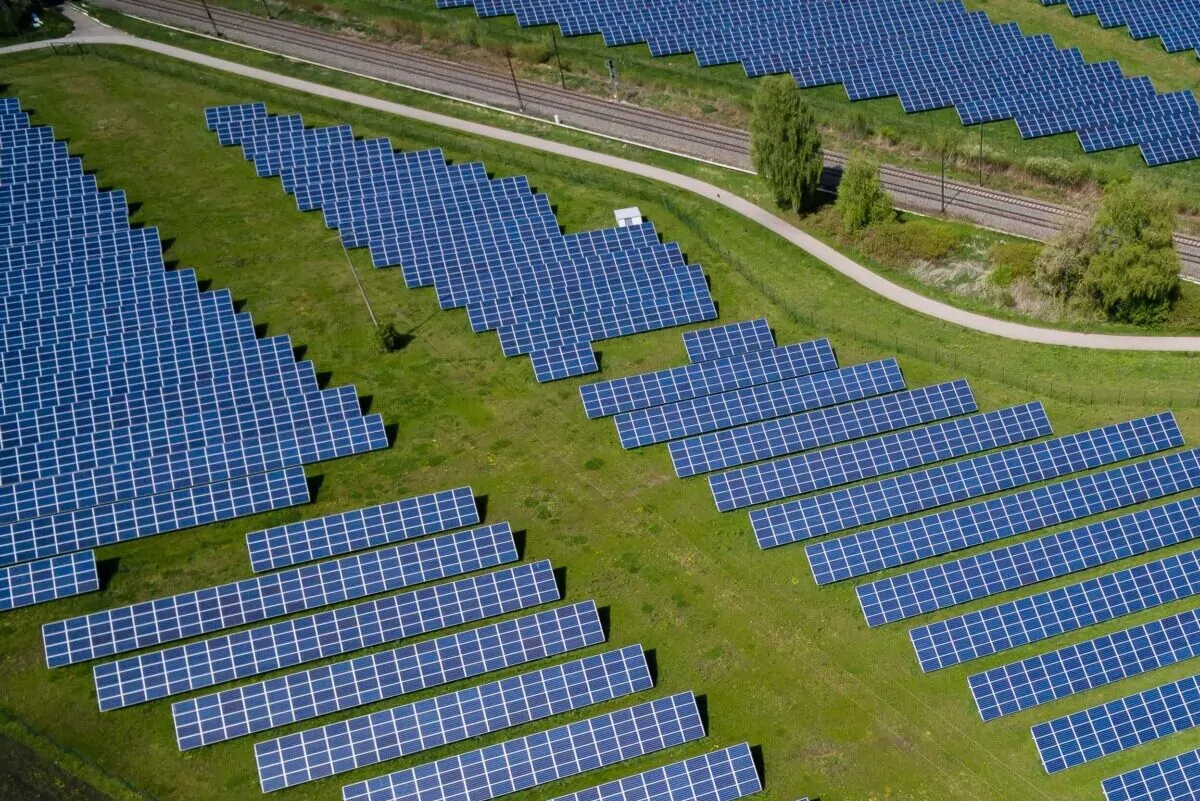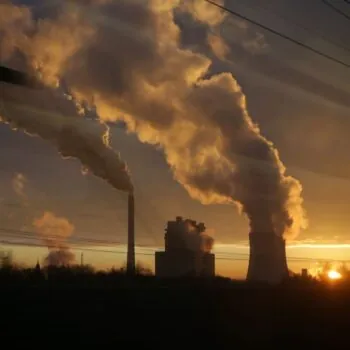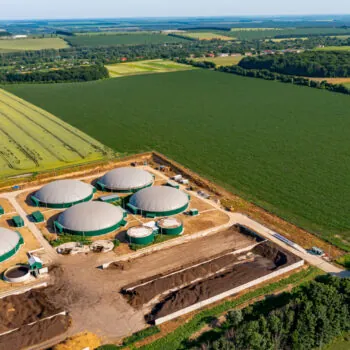Germany’s plans to transform its power sector to 100% renewable energy system (RES) by 2035 adopted last week are a clear signal that Europe is reinforcing its plans to move beyond coal this decade to now eliminate gas too.
Russia’s war against Ukraine has triggered a tectonic shift in German and European politics. The ideas of gas as a transition fuel and blue hydrogen are dead. Germany has ended, for now, its decades-old ‘Transformation through trade’ policy and will become a military power again. Compared to this, plans for 100% renewable power by 2035 may seem like the smaller surprise.
Especially because Germany is not the first country to set such goals: The US, Canada and UK have already committed to a similar goal. Denmark is already aiming for more than 100% renewable power by 2027, Austria 100% by 2030 and Portugal and the Netherlands are well on track with recent plans to expand renewable capacities till 2030.
There is a different dimension to Germany’s plans: Germany is the EU’s industrial powerhouse, a historical leader in the clean energy transition but one that has just come out of a lost decade of sluggish growth in green energy and energy savings. Most importantly, Germany’s political system is designed not to move fast. So going fast now is a big deal.
The plans, adopted in cabinet last week, show Germany will reach up to 115 GW of onshore wind by 2030 (over double the amount running at present), 30 GW of offshore wind and 215 GW of solar PV (both four times more than today). Power suppliers will have an obligation to reduce energy bills for consumers after scrapping the levy for renewables on the power price in July. It also means Germany will complete its coal phase out by 2030.
Hitting this accelerator is essential to reduce the impacts of high fossil energy prices. A focus on cutting demand and expanding renewables is critical to helping Europe stop importing Russian gas altogether by 2025. Germany’s lost decade and its resulting dependency on Russian gas, oil and coal specifically means that the economic impacts of high fossil fuel prices are impossible to avoid completely.
In fact, no one is currently shielded from the impact of high fossil fuel prices. The uncoordinated LNG shopping spree by Germany and the EU is already forcing less wealthy buyers like Pakistan to now buy at record highs. Even when Germany succeeds to take a more constrained approach, the diminished role of Russia in global energy markets means high prices are likely to remain until the phase out of fossil fuels.
This makes it even more important for Germany, together with other advanced economies, to develop a convincing solidarity offer, for the EU and the world. Leadership shown through Just Energy Transition Partnerships needs to be backed up by ambitious public and private funding. This must be embedded in a broader climate and energy diplomacy push that has grid and power system development at its heart. Only then will be possible to develop a more tailor-made green hydrogen infrastructure.
Germany will also need to provide immediate support for direct relief through increases in development funding, finance for emergency food programmes and reducing tensions on global wheat markets by scrapping biofuel subsidies.
It needs to recalibrate its relationship with a more assertive group of eastern neighbours who not only have taken on a leadership role towards Russia’s aggression but who are also themselves reviewing their approach to energy. Poland’s PM Morawiecki recognising cheap renewables’ potential to reduce dependencies on expensive fossil fuels is a testament to the shift happening there. Germany should respond with an offer of close collaboration to make Poland’s transition to renewables a success. It also requires Germany to move fast in agreeing to more energy sanctions against Russia to stop Europe from financing Russia’s genocidal war against Ukraine, starting with oil and coal.
The tectonic plates in Europe haven’t stopped shifting, and much remains at stake, but what the contours will look like is starting to become clearer. One thing is looking increasingly certain: its energy system will have powered past combustion and will be looking for trading partners to support that.


